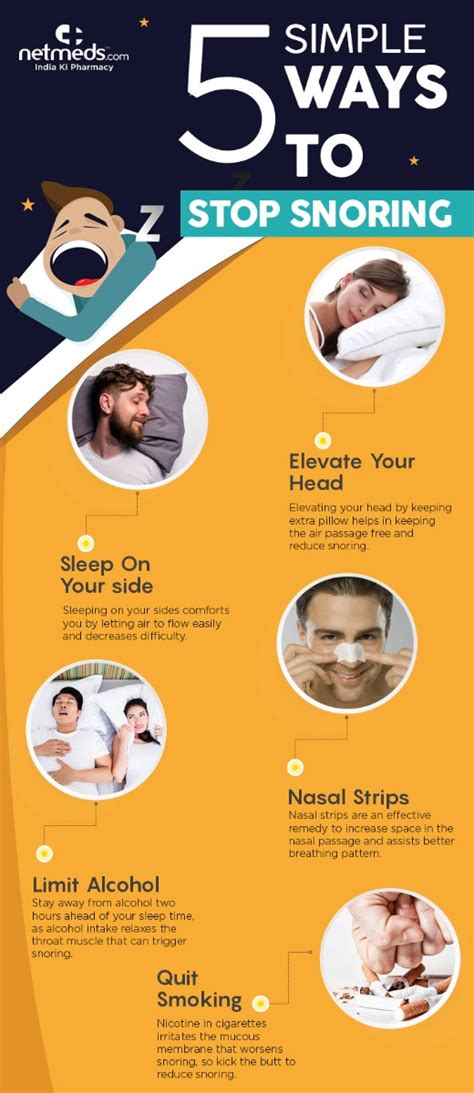How to Prevent Snoring: A Comprehensive Guide to Silent Nights
Snoring. That irritating, sometimes deafening, sound that can disrupt your sleep and the sleep of those around you. It's more than just a nuisance; it can be a sign of underlying health issues. But don't despair! This comprehensive guide will equip you with the knowledge and strategies to effectively prevent snoring and reclaim peaceful nights.
Understanding the Root Causes of Snoring
Before we dive into solutions, it's crucial to understand why you snore. Snoring occurs when the soft tissues in your throat vibrate as you breathe during sleep. This vibration is amplified when the airway is narrowed or partially blocked. Several factors contribute to this narrowing:
Common Snoring Culprits:
- Obesity: Excess weight around the neck can compress the airway.
- Alcohol and Sedatives: These relax throat muscles, increasing the likelihood of airway obstruction.
- Posture: Sleeping on your back can worsen snoring as gravity allows the tongue and soft palate to fall backward.
- Nasal Obstruction: A deviated septum, nasal polyps, or allergies can restrict airflow, leading to snoring.
- Age: As we age, throat tissues tend to lose elasticity, making snoring more common.
- Genetics: A family history of snoring increases your risk.
Effective Strategies to Prevent Snoring
Now that we've identified the potential causes, let's explore effective strategies to combat snoring:
Lifestyle Changes:
- Weight Management: Losing even a moderate amount of weight, particularly around the neck, can significantly reduce snoring. Focus on a healthy diet and regular exercise.
- Limit Alcohol and Sedatives: Avoid consuming alcohol or taking sedatives close to bedtime. These substances relax throat muscles, exacerbating snoring.
- Sleep Position: Try sleeping on your side. Using pillows to prop yourself up can also help keep your airway open. Consider a body pillow or wedge pillow for added support.
- Hydration: Staying well-hydrated helps keep your nasal passages moist and prevents dryness, which can contribute to snoring.
- Quit Smoking: Smoking irritates and inflames the airways, making snoring worse.
Medical Interventions:
If lifestyle changes aren't enough, consider these medical options:
- Nasal Strips: These adhesive strips help open nasal passages, improving airflow.
- CPAP Machine (Continuous Positive Airway Pressure): For individuals with sleep apnea (a serious condition often associated with snoring), a CPAP machine delivers pressurized air to keep the airway open. Consult a sleep specialist for diagnosis and treatment.
- Oral Appliances: These custom-made devices reposition the jaw and tongue to keep the airway open.
- Surgery: In severe cases, surgery may be an option to correct structural issues in the nose or throat. This should be considered as a last resort after exploring other avenues.
Natural Remedies:
While not scientifically proven for all, some people find relief from these methods:
- Elevating the Head of Your Bed: Slightly elevating your head can improve airflow.
- Saline Nasal Spray: This can help clear nasal congestion.
- Herbal Remedies: Some herbal remedies are claimed to help, but always consult your doctor before trying them.
When to See a Doctor
Persistent snoring, especially accompanied by symptoms like daytime sleepiness, gasping for air during sleep, or morning headaches, could indicate sleep apnea. Seek medical attention immediately if you experience these symptoms. A sleep study can accurately diagnose sleep apnea and guide treatment.
Conclusion: Breathe Easy and Sleep Soundly
Snoring can be effectively managed with a combination of lifestyle changes, medical interventions, and, in some cases, natural remedies. By understanding the root causes and implementing the appropriate strategies, you can reclaim peaceful nights and enjoy the restorative benefits of quality sleep. Remember, prioritizing your sleep health is crucial for overall well-being.
